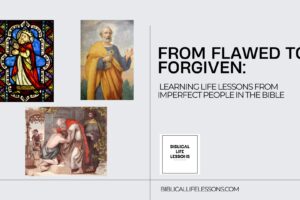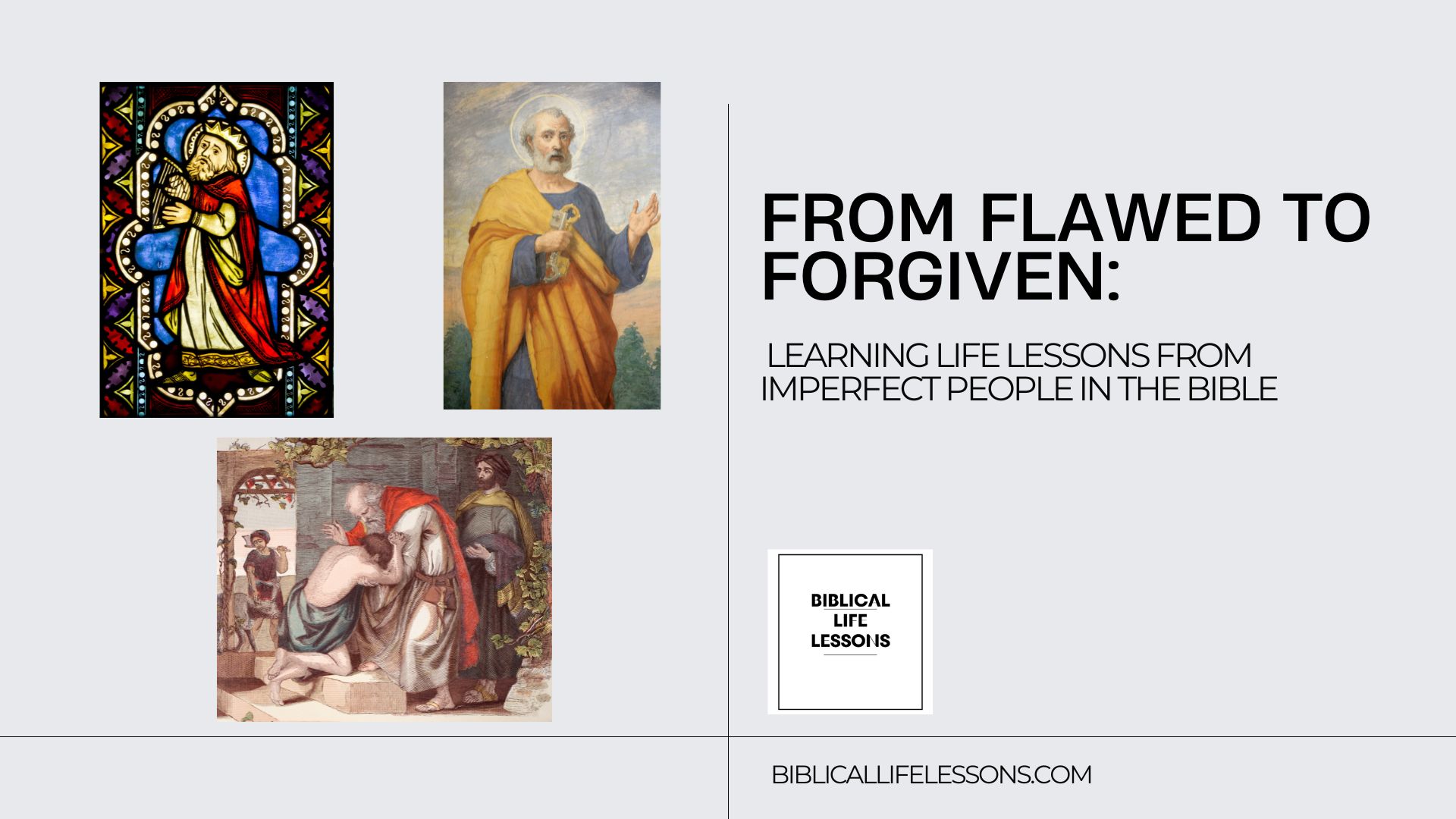The biblical narrative of the Widow of Zarephath found in 1 Kings 17:8-24, unveils a compelling story of faith, scarcity, and divine provision. This account, nestled within the pages of the Old Testament, unfolds during a period of severe drought and famine.
Context of Desperation
Amid an arid landscape, the widow, unnamed but resilient, is introduced. Desperation marks her every step as she gathers sticks to prepare what she believes to be her final meal – a meager offering of sustenance for herself and her son.
Divine Encounter with Elijah
Enter the prophet Elijah, a messenger of God sent to Zarephath. Elijah’s arrival at the widow’s doorstep is no coincidence; it is a divine appointment orchestrated by the Creator. The prophet, parched from the drought, requests water from the widow.
A Test of Faith
As the widow fulfills Elijah’s request for water, he goes a step further, asking for a morsel of bread. However, her response is laden with a sense of hopelessness. She shares her stark reality – a handful of flour and a bit of oil, just enough for one final meal before succumbing to the famine’s grip.
Elijah, undeterred, delivers a message from God. He assures the widow that if she prioritizes making him a small cake first, her supplies will not be depleted until the drought ceases.
Miraculous Provision
Here unfolds the miraculous. The widow, teetering on the edge of despair, makes a profound choice – to trust in the words of the prophet. She bakes the requested cake for Elijah, an act of faith that defies conventional wisdom. Miraculously, her flour and oil containers never run dry, sustaining her and her household throughout the prolonged famine.
The Challenge of Unwavering Faith
The story of the Widow of Zarephath challenges us to reflect on the nature of our faith. In the face of scarcity, she exhibited a remarkable trust in the promises of God. Her obedience to Elijah’s unconventional request became a conduit for divine intervention.
A Mother’s Grief and Miraculous Restoration
As the narrative progresses, tragedy strikes the widow’s household. Her son falls critically ill. Elijah, moved by compassion, takes the boy and, through fervent prayer, restores him to life. This secondary miracle underscores the enduring blessing upon a household marked by unwavering faith.
Lessons for Today
The Widow of Zarephath’s account is more than a historical record; it resonates with timeless lessons. In a world often defined by uncertainty and scarcity, her story beckons us to trust in the divine provision that surpasses human understanding.
Lessons We Can Draw:
- Faith in Desperation: The widow teaches us that even in the direst circumstances, faith can be a beacon of hope.
- Obedience Amidst Scarcity: Her obedience to God’s unconventional instruction reminds us that divine miracles often follow acts of unwavering obedience.
- Miraculous Provision: The continuous sustenance of the widow’s household speaks to God’s ability to provide abundantly, even when resources seem depleted.
- Compassion in Action: Elijah’s compassion towards the widow’s son exemplifies the love and empathy we should extend to those in need.
The Widow of Zarephath’s narrative encapsulates a powerful message – that in the crucible of faith and obedience, even the direst circumstances can be transformed by divine intervention. Her story challenges us to examine the depths of our faith and consider how, in trusting obedience, we might witness miraculous provisions in our lives.
In contemplating the lessons woven into this ancient tale, we find an enduring truth – that faith, even as small as a handful of flour, can spark miracles that resonate across generations.











